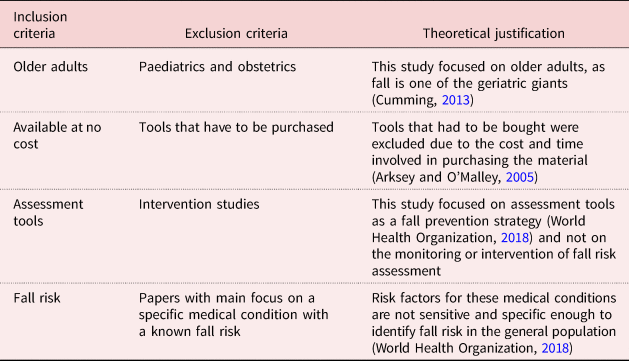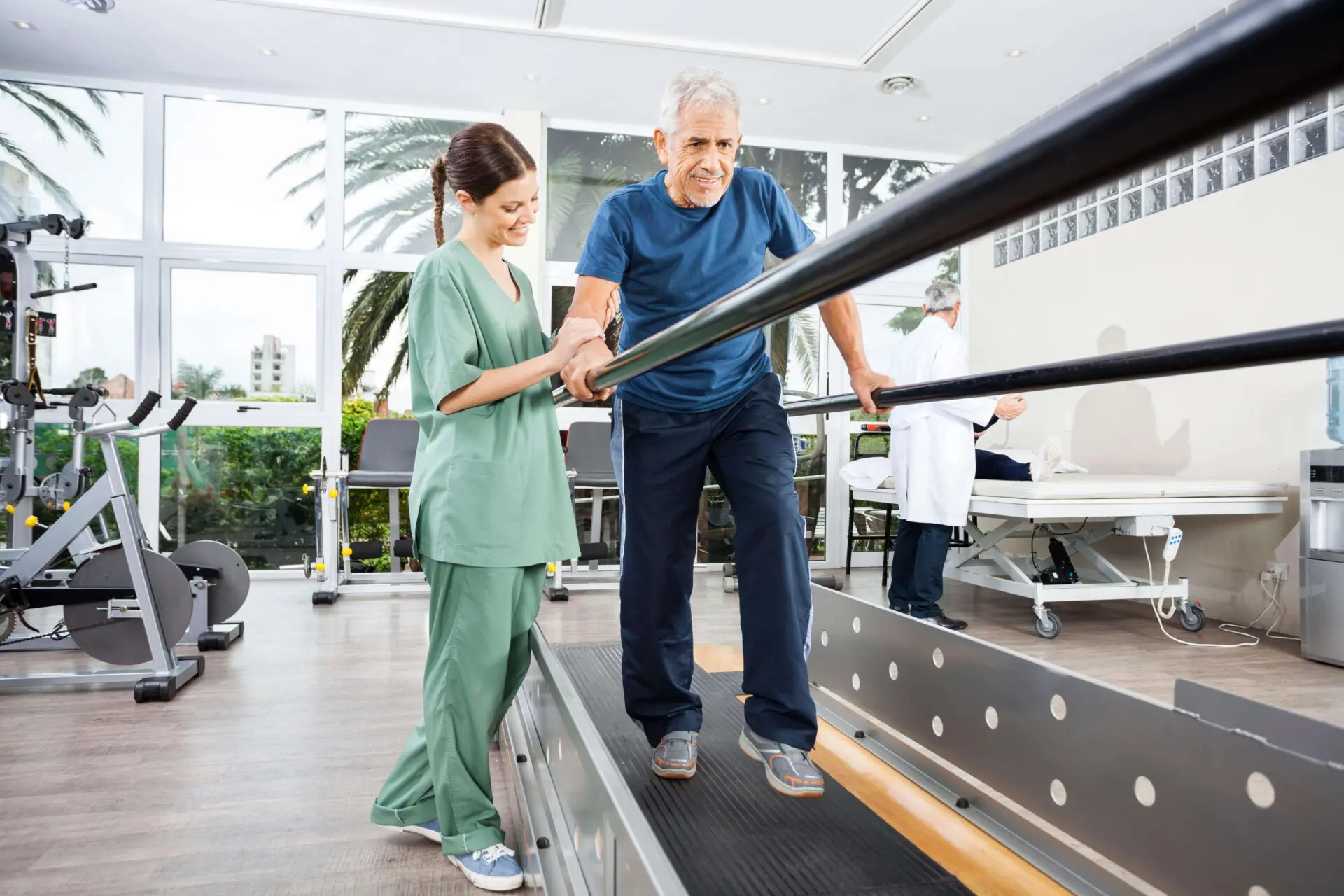Examine This Report on Dementia Fall Risk
Examine This Report on Dementia Fall Risk
Blog Article
Dementia Fall Risk Things To Know Before You Buy
Table of ContentsDementia Fall Risk - The FactsThe 3-Minute Rule for Dementia Fall RiskHow Dementia Fall Risk can Save You Time, Stress, and Money.What Does Dementia Fall Risk Mean?7 Easy Facts About Dementia Fall Risk Described
You might be nervous due to the fact that you have actually had a fall before or because you have actually seen you're beginning to really feel unstable on your feet. You might have noticed changes to your health, or simply seem like you're decreasing a little. Whatever the reason, it isn't unusual to come to be careful and lose confidence, and this can quit you doing the important things you utilized to do and make you feel a lot more separated.If you have actually had an autumn or you've begun to really feel unsteady, inform your physician even if you really feel great otherwise. Your doctor can examine your equilibrium and the method you walk to see if improvements can be made. They might be able to refer you for a falls risk analysis or to the falls prevention solution.
This info can be obtained through interviews with the person, their caretakers, and a review of their clinical documents. Begin by asking the private regarding their history of drops, including the regularity and circumstances of any kind of recent drops. Dementia Fall Risk. Inquire regarding any flexibility troubles they may experience, such as unstable or difficulty walking
Conduct an extensive testimonial of the person's medicines, paying certain interest to those recognized to raise the threat of falls, such as sedatives or drugs that reduced high blood pressure. Identify if they are taking several medications or if there have been current changes in their drug routine. Evaluate the person's home atmosphere for potential threats that might raise the risk of drops, such as bad lights, loose rugs, or absence of grab bars in the restroom.
Dementia Fall Risk Fundamentals Explained
Guide the individual through the fall risk assessment form, explaining each concern and videotaping their feedbacks properly. Compute the complete danger rating based on the responses provided in the assessment kind.
Regularly monitor the person's development and reassess their threat of drops as required. Provide recurring education and assistance to promote safety and minimize the risk of drops in their day-to-day living activities.
Lots of research studies have actually shown that physical treatment can help to decrease the danger of falling in adults ages 65 and older. In a brand-new research study (that checked out drops danger in women ages 80 and older), scientists calculated the financial impact of choosing physical treatment to stop drops, and they found that doing so conserves $2,144, including all the surprise prices of your time, pain, missed life events, and the bucks spent for services.
Top Guidelines Of Dementia Fall Risk
Checking your heart price and high blood pressure measurements at rest and while you turn (from resting or lying to standing). A straightforward test of your thinking (cognitive) capabilities. Examining your equilibrium, strength, and strolling capacity. A basic vision examination. Evaluating your feet and shoes. A home safety and security assessment. Based on the assessment results, your physical specialist will develop a plan that is tailored to your certain requirements.
Older adults who have difficulty walking and talking at the same time are at a greater risk of falling. Dementia Fall Risk. To aid raise your safety and security throughout day-to-day activities, your physical specialist might make a training program that will certainly test you to preserve standing and strolling while you do an additional task. Examples consist of strolling or standing while counting backwards, having a conversation, or lugging a bag of groceries
Your physiotherapist likewise can identify which tasks you must stay clear of to stay safe. Community-based drops avoidance programs help people to: Reduce their anxiety of dropping. Set objectives for raising their physical task. Make their homes safer. Exercise more to raise their stamina and balance. These programs usually are led by volunteer coaches.
What Does Dementia Fall Risk Do?

Measles, or rubeola, is a very infectious, intense viral transmittable disease brought on by the measles virus. Some individuals think of measles as simply a breakout and high temperature that cleans up in a few days; nonetheless, measles can trigger major health complications, especially in children younger than 5-years-old. The most effective defense versus measles is the measles, mumps, and rubella (MMR) injection.
Falls are a common cause of injury amongst older adults. According to the CDC, in one year alone, fall-related injuries contributed to over $50 billion in clinical expenses (Dementia Fall Risk). In health center setups, older grownups go to especially high risk of drops due to the fact that their lowered mobility from being restricted to a room or bed.
The Facts About Dementia Fall Risk Revealed

She has a medical background of seizure condition and hypertension. She is obtaining an IV infusion and taking Gabapentin and Lasix. She has no background of falls, her stride is consistent, and she invalidates without any issues. The previous registered nurse states that she calls for aid to the restroom when she requires to go.
Examples of usual autumn interventions/measures include: Guaranteeing a person's necessary items are within reach. Placing the patient's bed rails up with the alarm on. Aiding a client while they're rising find here from bed. Past recognizing how to utilize the Johns Hopkins Fall Danger Analysis Tool, it is very important that facilities include its usage right into a much more comprehensive autumn avoidance plan.
Report this page